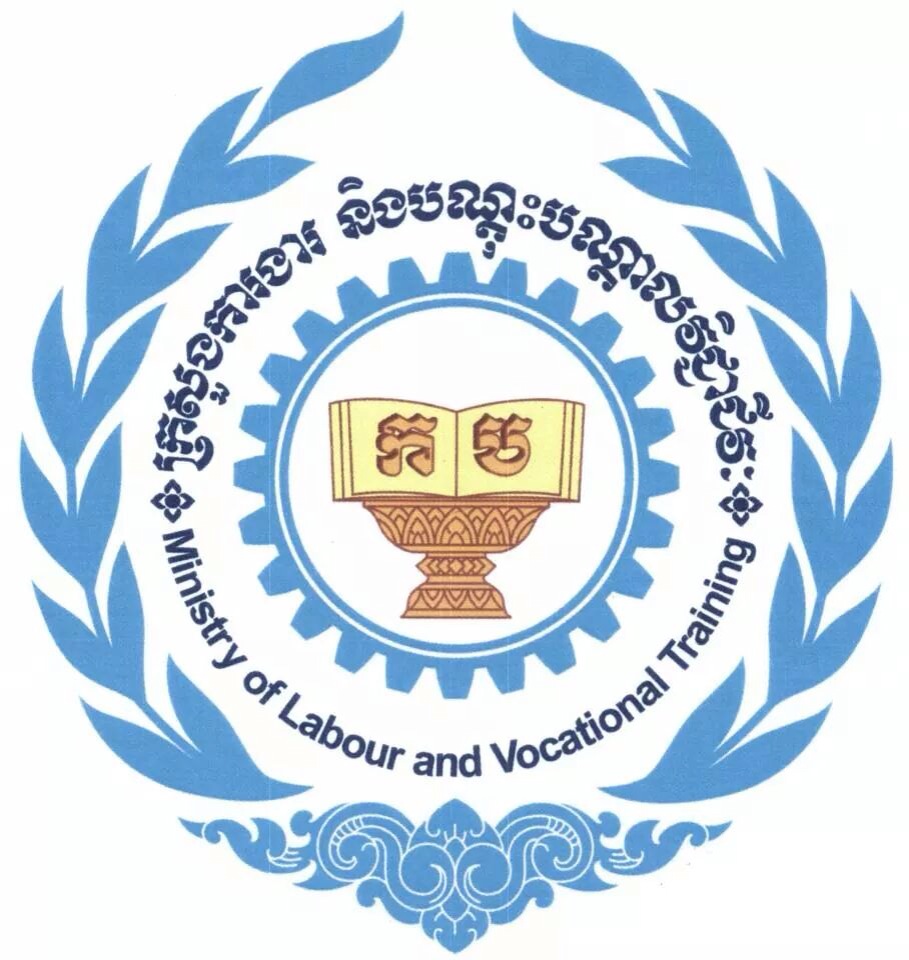Issue Description
The publication of Instruction No.42/15 by the Ministry of Labour and Vocational Training in November 2015, reaffirmed the apprenticeship obligation stipulated by the Labour Law that all enterprises employing more than 60 workers shall employ one-tenth of their workforce as apprentices, with varying ratios for larger businesses. If businesses are unable to comply, they must pay an Apprenticeship Tax of 1% of the total annual salaries paid by the company or be subjected to additional fines. The instruction also notified busi¬nesses that if they were struggling to secure applicants for apprenticeships, they can fulfil the legal requirement with workers that are in their probation period or those that need new skills.
While this Instruction did provide much needed clarity, uncertainty still remains for busi¬nesses that wish to have their training programmes for existing workers recognised to fulfil the requirement and whether their increased training expenses will be taken into account when assessing the Apprenticeship Tax. As the apprenticeship requirement ratio is particu¬larly demanding on businesses, some businesses will fail to achieve the necessary level due to difficulties in attracting new apprentices in light of the success of Cambodia’s current employment market. Thus, there is likely to be a gap between the number of apprentices a business employs and the level required by law, and business will be forced to spend more on training, which may impact profitability.
As such, it would be unfair to tax businesses that have attempted to fulfil their requirement at the same rate as those businesses that have made no attempt, as this will incentivise busi¬nesses to save on the additional training expenditure to offset the cost of the Apprenticeship Tax. Instead, businesses could be permitted to deduct their training expenditure to fulfil the obligation at a reasonable rate against the 1% tax levied, as this will encourage businesses to spend more on training and to proactively seek out more apprentices.
Impact on business
Many businesses are eager to increase the knowledge and skills of their workers and encour¬age the youth of Cambodia to undertake meaningful apprenticeship programmes. However, the additional costs to businesses can be particularly burdensome in Cambodia due to the skills gap that is being reported by most employers in the private sector. Therefore, business need to be incentivised to create and support training opportunities that meet the Royal Government of Cambodia’s (RGC) requirements. Otherwise, the benefits of their inflated expenses will not be justified, as they will be punished by the Apprenticeship Tax regardless of their actions.
Human capital investment is a key component of economic growth, as prioritising higher skills development will ensure the future competitiveness of Cambodia’s labour market. Offering the private sector incentives to increase their training expenses is an effective alter¬native to the RGC committing more of its own public funding to reach the same economic goals. Incentivising businesses enables the private sector to bear more of the responsibility of training the workforce, and ensure that the training delivered will target the needs of the business, in areas where the market demands.
Recommendation
- Permit businesses to deduct reasonable training expenses used to meet the Labour Law’s apprenticeship requirement, on a pro-rata basis from the applicable Apprenticeship Tax.
We recommend that the Ministry of Labour and Vocational Training consider permitting businesses to deduct reasonable expenses used to finance additional training to meet the apprenticeship requirement of the Labour Law, on a pro rata basis against the applicable Apprenticeship Tax. We respectfully encourage the Ministry to engage in consultations with the private sector to come to an agreement on what should constitute reasonable training expenses, and EuroCham would warmly welcome the opportunity to facilitate such engagement.
We envisage that by enabling businesses to deduct training expenses, the private sector will be incentivized into increase their training expenditures and create more meaningful entry level positions, strengthening Cambodia’s workforce development and securing the Kingdom’s continued economic growth.
Royal government of Cambodia
Initiative from Eurocham: The issue has been raised by the Human Resources Committee within The White Book edition 2024 in the Recommendation No. 77.

National Counterparts

Ministry of Labour and Vocational Training
Contributors

Mr. Chheav Narath
ROYAL UNIVERSITY OF LAW AND ECONOMICS

Dr. Antoine Fontaine
ANANT LAW FIRM

Mr. François Schnoebelen
INDIVIDUAL MEMBER

